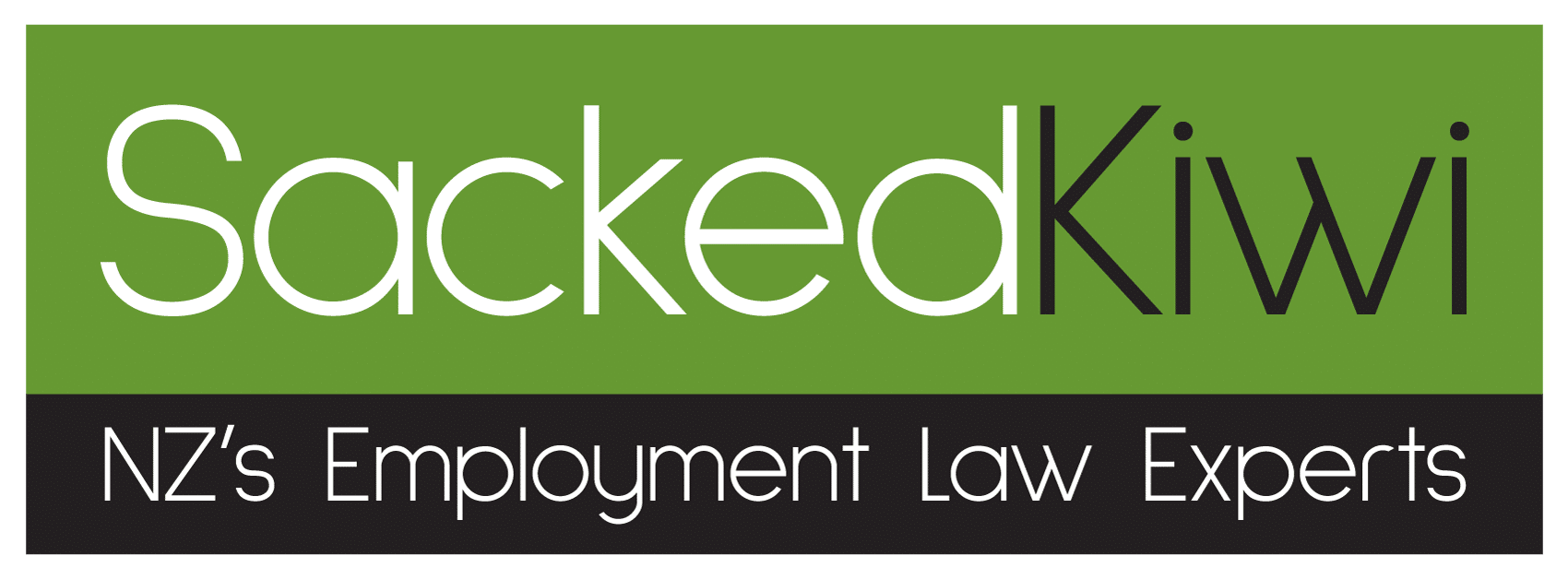Understanding your rights as an employee in New Zealand is crucial for a fair and safe work environment. This employment rights quiz is designed to help you test your knowledge on basic employment rights. Answer each question to see how much you know and learn more about your entitlements.
Question 1: What is the legal minimum wage in New Zealand?
Answer: As of April 2024, the minimum wage in New Zealand is $23.65 per hour. This rate is set by the government and reviewed annually.
Question 2: How many sick days are employees entitled to per year?
Answer: Employees in New Zealand are entitled to 10 days of paid sick leave each year after completing six months of continuous employment. If unused, up to 20 days can be carried over to the next year.
Question 3: What constitutes a personal grievance?
Answer: A personal grievance is a complaint made by an employee against their employer for issues like unjustified dismissal, discrimination, sexual harassment, or unjustified action causing disadvantage. Employees must raise a personal grievance within 90 days of the incident.
Question 4: Are employees entitled to paid breaks?
Answer: Yes, employees in New Zealand are entitled to paid rest breaks and unpaid meal breaks. The specific number and length of these breaks depend on the duration of their workday.
Question 5: Can an employer dismiss an employee without notice?
Answer: Dismissing an employee without notice is generally unjustified unless the employee’s actions constitute serious misconduct. Even in such cases, proper procedures must be followed to ensure fairness.
Question 6: What are redundancy entitlements?
Answer: When an employee is made redundant, they may be entitled to redundancy compensation if it is stipulated in their employment agreement. Additionally, they should receive notice of termination and any owed holiday pay or other entitlements.
Question 7: What protections exist for employees under a 90-day trial period?
Answer: Employees on a 90-day trial period can be dismissed without the employer needing to provide reasons, provided the trial period clause is included in the employment agreement and both parties have agreed to it in writing. However, they are still protected against unjustified actions and discrimination.
Question 8: What steps should an employee take if they face workplace discrimination?
Answer: Employees facing workplace discrimination should first raise the issue with their employer or HR department. If the issue is not resolved, they can file a personal grievance or seek assistance from the Employment Relations Authority (ERA).
Understanding these basic rights can help you navigate the workplace with more confidence and security. If you have any specific concerns or need personalized advice, our team at Sacked Kiwi is here to help.
More Information
Legal Disclaimer:
The content posted on the Sacked Kiwis website should not be considered or relied upon as legal advice or opinion. The information presented here is not intended to serve as legal guidance. Over time, laws and regulations evolve, potentially altering the accuracy of previously shared information. Updates in jurisprudence or legislation, which could happen without immediate notice, may render the legal information on this platform outdated.
If you have any concerns or need further assistance, contact us at our toll-free hotline. Please don’t hesitate to call us for advice! We work with clients from picking up the phone, all the way to the ERA!
Read our other articles!
We hope you found this article insightful and helpful. If you’re interested in learning more about workplace dynamics, workers rights, and employment law, we invite you to explore our other articles on similar topics. Our growing article library covers from navigating difficult workplace situations to better understanding your rights as an employee. Our articles have a wealth of resources available to help you thrive.

